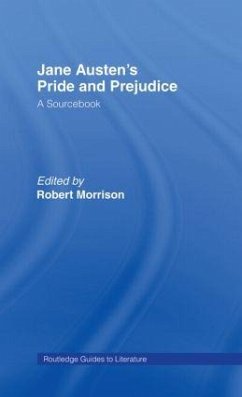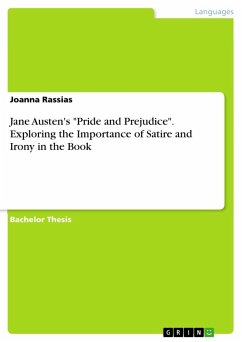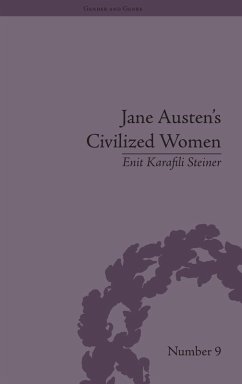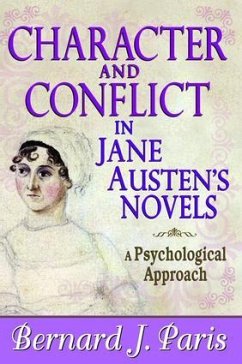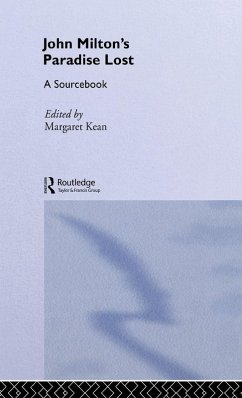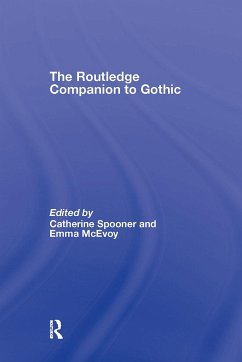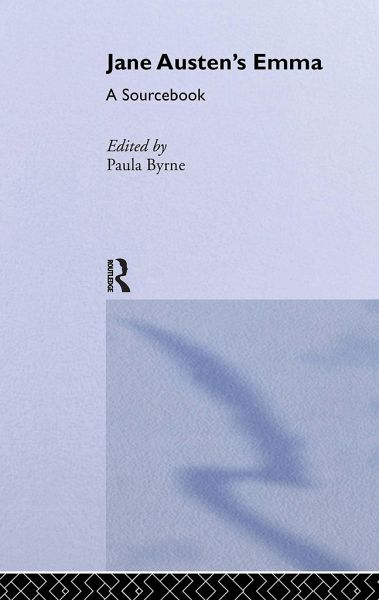
Jane Austen's Emma
A Routledge Study Guide and Sourcebook
Herausgeber: Byrne, Paula

PAYBACK Punkte
65 °P sammeln!
Emma is widely regarded as Jane Austen's most perfectly constructed novel. At once a comedy of misunderstanding, a razor-sharp analysis of the English class-system, a classic tale of moral growth, and a romance that combines sense with sensibility, it has appealed to readers of every generation and critics of every disposition. This sourcebook introduces readers not only to Jane Austen's text, but also to the literary and historical contexts within which the novel was written, and to the many different critical readings that it has generated, from the time of its publication to the twenty-firs...
Emma is widely regarded as Jane Austen's most perfectly constructed novel. At once a comedy of misunderstanding, a razor-sharp analysis of the English class-system, a classic tale of moral growth, and a romance that combines sense with sensibility, it has appealed to readers of every generation and critics of every disposition. This sourcebook introduces readers not only to Jane Austen's text, but also to the literary and historical contexts within which the novel was written, and to the many different critical readings that it has generated, from the time of its publication to the twenty-first century. Each extract is fully introduced and analyzed, with a concluding section on recommended editions and further reading to prepare the reader for further study of this incomparable English novel.



